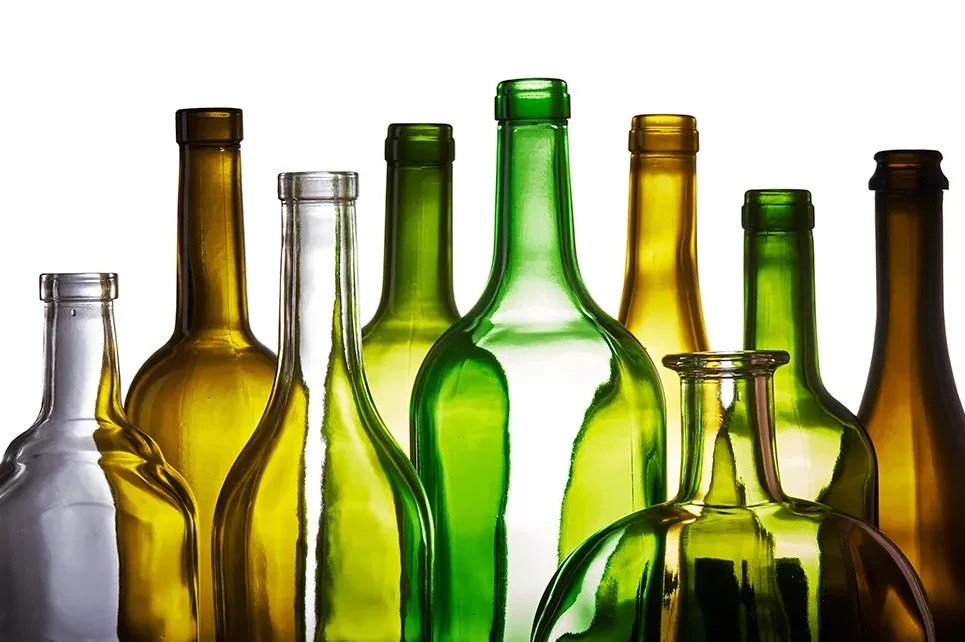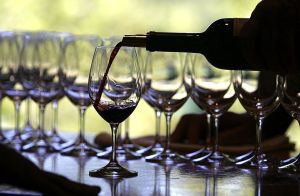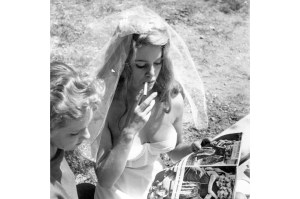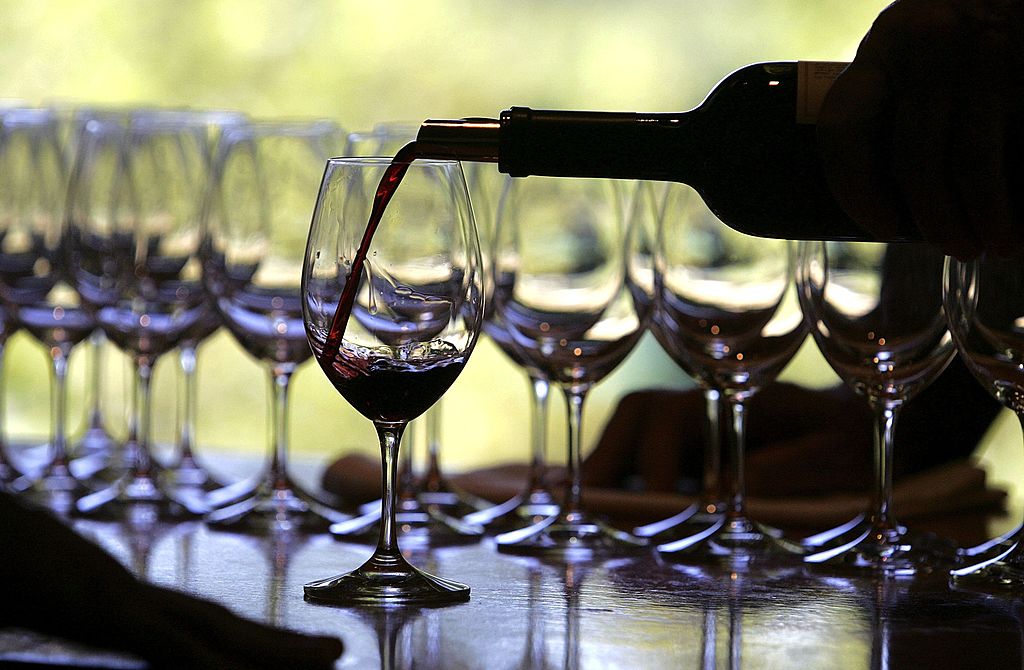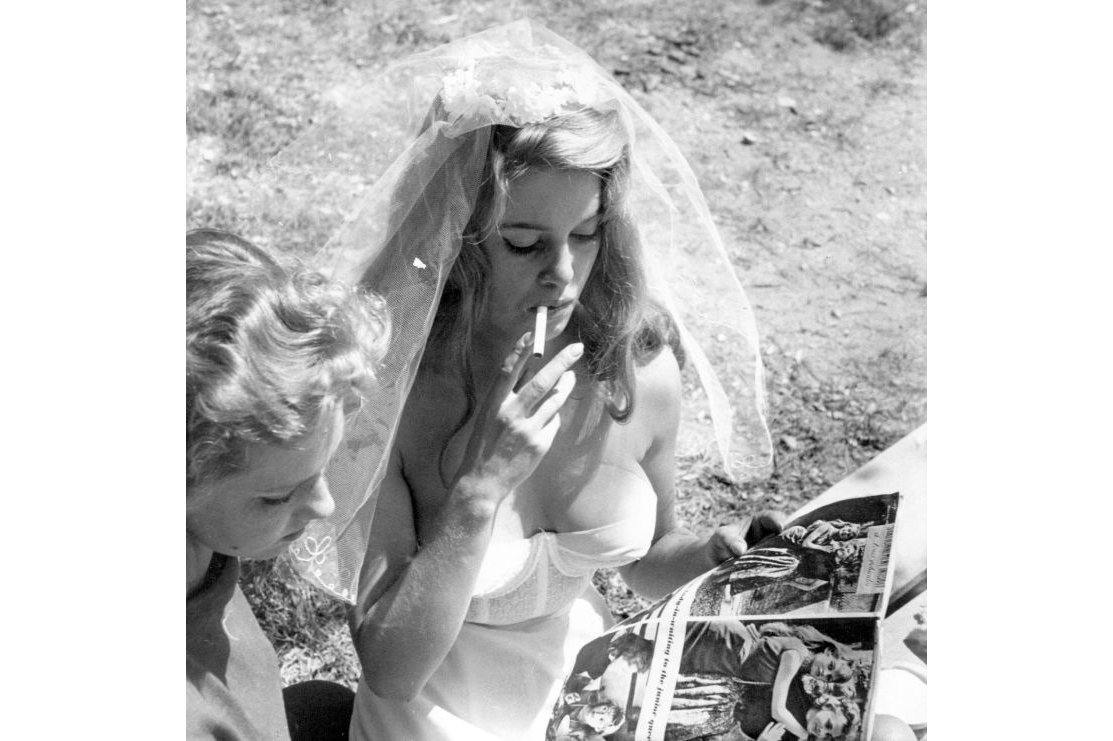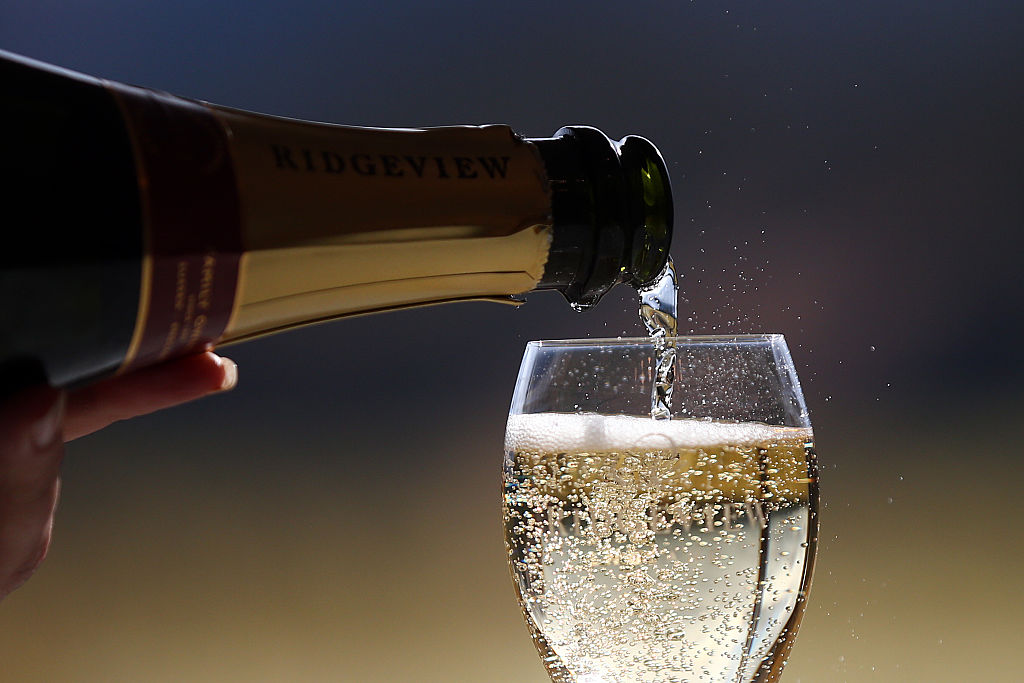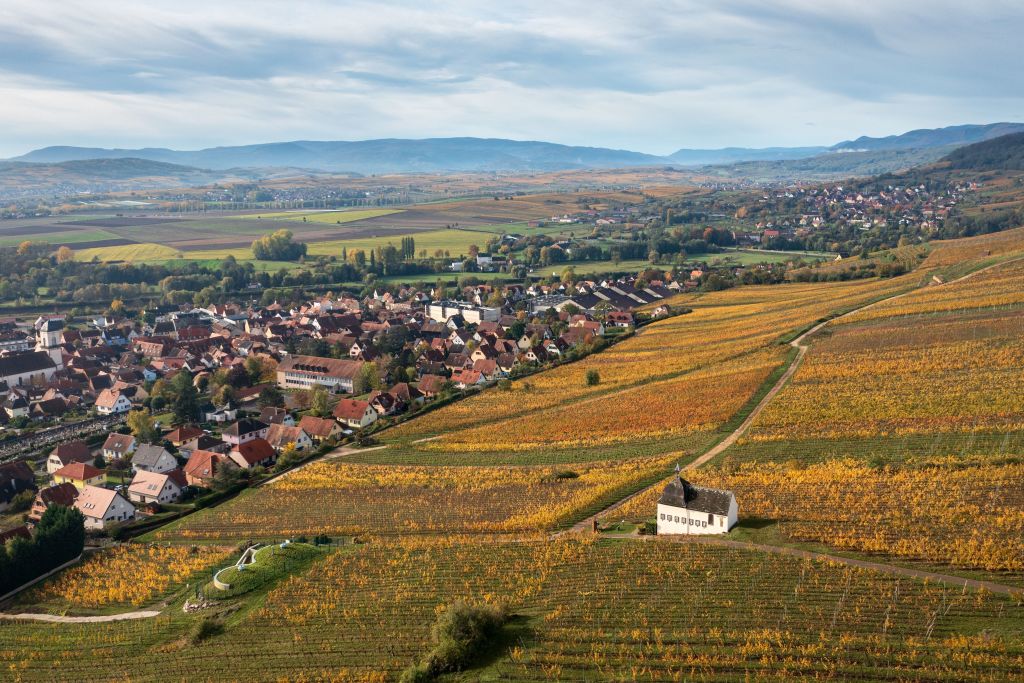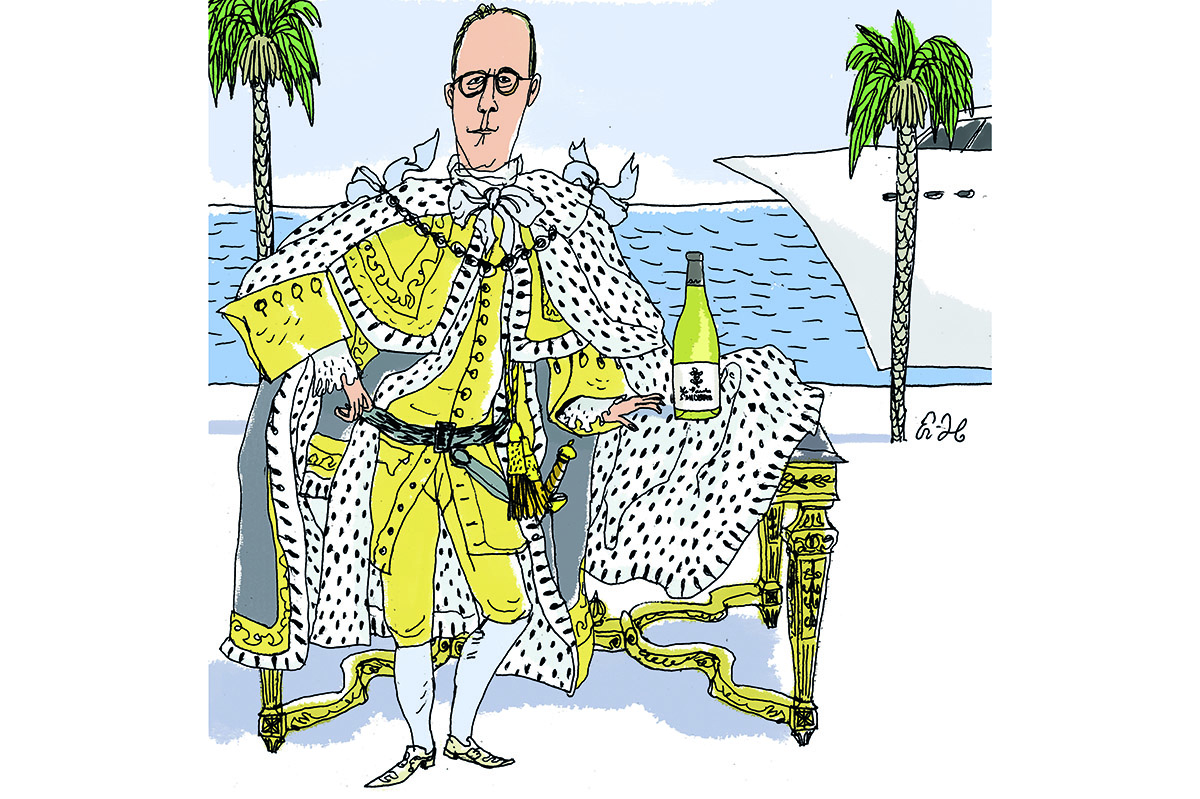Some are saved by Jesus and they are sober. For others, drunkenness is as natural as love-making, roasted meat and weekend football. In northern Kenya we brew a honey mead called muratina; then there’s a millet beer and strongest of all is a moonshine, changa’a, which you can smell from several huts away and it tastes like battery acid.
Booze soaks into the corners of life in the village or the slum. I’ve been in places, on paydays for example, where the scenes resemble Pieter Bruegel the Elder’s tableaux of peasants committing all the seven deadly sins. A changa’a drinker isn’t just drunk, he’s catatonic with the onset of blindness. Late on Saturdays in the middle of nowhere you’ll pass a man tottering about, quarreling with the night air, pointing and stumbling. In South Sudan they make an evil spirit from cassava that turns a man’s eyeballs bright pink.
I first got drunk on Inch’s scrumpy cider in Devon at the age of fifteen. I was among the last boys to be caned in the history of Sherborne School after I consumed a bottle of whisky with a comrade who had to be stomach-pumped. At Balliol College, Oxford, I was among those lucky undergraduates who fell into the Svengali-like grip of punk poet and gatecrasher Stephen Micalef, who made us drink great quantities of the stolen bottles of Bollinger he retrieved from the flowerbeds where he buried them in all the finest colleges. While at SOAS, I drank more than I served at the bar of the 100 Club on Oxford Street, where the bouncers were two broken-nosed twins known as Ugliness in Stereo.
The foreign correspondent’s life on the Africa beat was ideal for me, in the tradition of the Reuters man who said the water in Addis Ababa was so dirty he had to submit his expenses for cases of Champagne. Here I was in the tropics, back in the days when working lunches included wine. While covering wars in Africa and the Balkans, I stayed sober while working hard, but drank a skinful as soon as I took leave. In Bosnia, downing a plum brandy was the only way to get a Chetnik officer to yield a few quotes.
The only times I got to dry out were during the long trips into guerrilla-held territory in Eritrea or South Sudan or Islamic Mogadishu, after which I always felt so fit and well. After events like Rwanda in 1994 none of us hacks thought to see a shrink. We got drunk — and this often did me a world of good. Once I did visit a military doctor whom I’d met in a lunatic asylum outside Kigali and after a brief chat we hit the pub together.
After I married and we started a family I still loved boozing, but by now we were on a farm in a remote corner of northern Kenya. When the hard liquor and Tusker beer ran out I’d resort to High Life, a cheap cooking sherry that made a superior cocktail. Or in desperation I hit the Settler Sauce, a jug of vodka and gin mixed with garlic and hot chilis that sat on our dining table and usually went into the soup. In the years when the farm came under quite regular assault from cattle rustlers or invaders incited by an alcoholic local politician, booze was a dependable release from the daily stress of driving through hails of bullets in an ambush, from dodging spears or rocks.
What good fun were those nights when we fired up a Super Warrior — nine parts gin, one part TruFru orange squash — or quaffed the honey mead of our ranching neighbor Gilfrid, who produced an alcohol so pernicious the hangover hit as soon as the golden liquid crossed one’s tongue. I’m an amateur compared with some of my friends, but sums on a napkin tell me that in forty-three years I’ve drunk about two medium-sized swimming pools full of wine or the equivalent.
I gave up abruptly three months ago today. I have not been to things like AA meetings, though one friend sweetly offered to introduce me. The only time I lapsed was after Low Life author Jeremy Clarke’s memorial at St. Martin-in-the-Fields the other day, when I went to lunch with Taki and my friend Marcus at the Turf Club. That was a pleasant farewell.
Along with the hooch, I’ve given up coffee and suppers. As a reward to myself, I took up smoking again after two decades. I started on the box of Montecristo cigars kindly given to me by Nick Yale, an undergraduate friend of my son Rider. When I saw how quickly I was blasting through cigars, I switched to rolling tobacco, most of it stolen from my children. Rider says these days I shout less and I am no longer so fat. At last I sleep very well, but sometimes I regret that it’s all over.
This article was originally published in The Spectator’s UK magazine. Subscribe to the World edition here.



